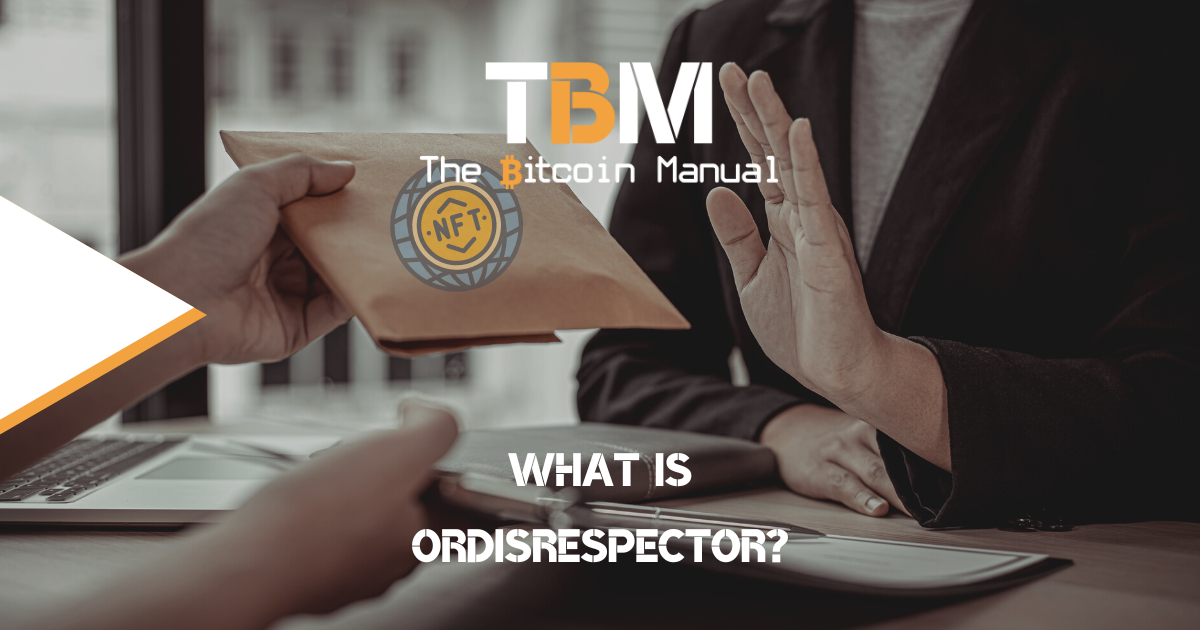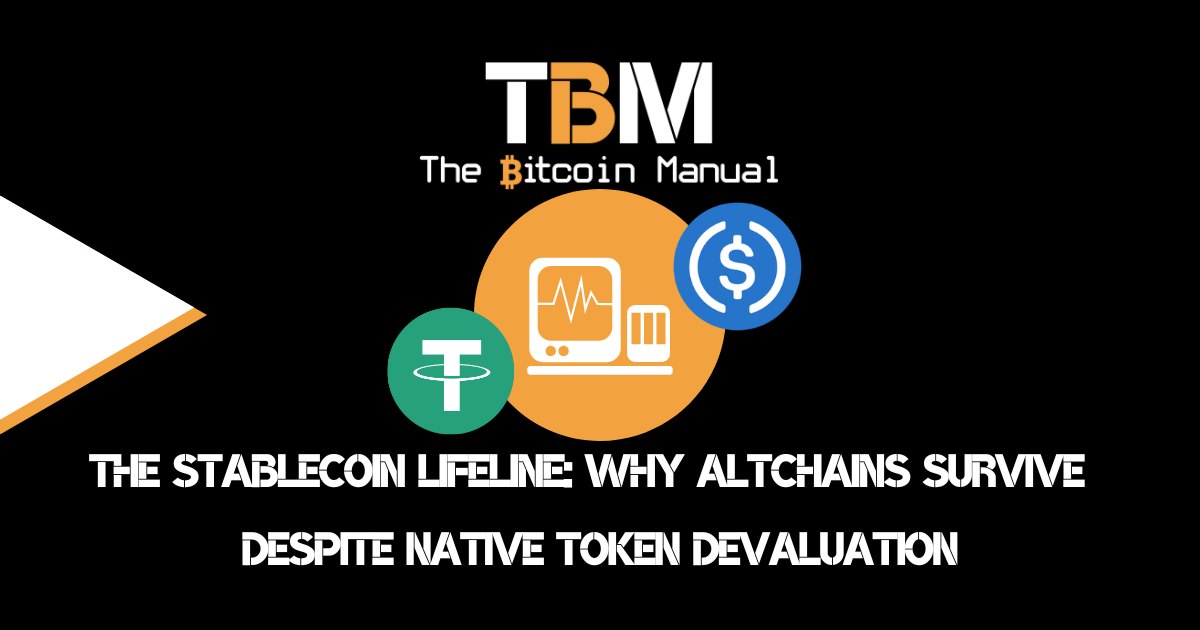Ordinals, the controversial NFT concept living on the bitcoin blockchain, has been a major topic for discussion in recent weeks. Since the introduction of the software, we’ve seen plenty of arguments both for and against these types of transactions. Regardless of where you stand on the topic, the fact is that there has been a sharp increase in the number of inscriptions being added to the bitcoin blockchain in a permissionless manner.
This includes hundreds of thousands of files of arbitrary data now sitting on the bitcoin blockchain. Anything from JPEG images, NFTs from other blockchains like Bored Apes, and even a DOOM video game file. We’ve even seen the Luxor mining pool mine a 3.96 MB block (#774,628), the largest block in bitcoin history, that contained Ordinal inscription #652, a JPEG image of a wizard and paid through an out-of-band transaction.
If you’re a bitcoin node runner that sides with the idea that ordinals are an attack on bitcoin, or you don’t appreciate the spam. There is a way to show your opinion on the chain by running a piece of software that identifies and rejects these transactions.
This new software patch is called Ordisrespector.
What is Ordisrespector?
Ordisrespector is a spam patch filter that detects the pattern of Ordinals transactions that are entering the node’s mempool and rejecting them.
Bitcoin developer Luke Dashjr created the original patch; you find the release here:
#Bitcoin node patch (HACKY, UNTESTED) to filter out "ord" spam.
— Luke Dashjr (@LukeDashjr) February 1, 2023
NOT a protocol change or softfork/hardfork, just a harmless (if it works right) spam filter.
(Also a quick hack and NOT suitable for opening a PR to Core – please write a proper fix for that)https://t.co/h3Q1KpNl9M
Why would you want to run Ordisrespector?
If you don’t want to support Ordinal NFTs and their data series of serial numbers via inscriptions on satoshis, the easiest way to do that would be to revert back to an older version of bitcoin’s node software before Taproot and SegWit, but this will limit the feature sets you might actually enjoy from these upgrades.
Ordisrespector allows you to retain these latest features but create a carve-out where your node refuses to recognise inscription transactions or allow them into your node’s mempool.
This will not stop ordinals and inscriptions from reaching the blockchain, as other nodes will happily broadcast these transactions to the mempool; you’re only excluding yourself from it.
How do you run Ordisrespector?
Your first point of content would be to grab the code from one of the GitHub’s, either for the original code for bitcoin core or one refactored for your node software (links provided below) and follow the instructions to add them to your node build.
If you have a strong distaste for ordinals and inscriptions and do want to showcase your opinions on-chain by running a node that ignores these types of transactions, but you’re not a shadowy super coder who wants to build from source or try and copy and paste lines of codes that you have no idea what they really do or how they might affect your node should you get it wrong, you might want to hold off and wait for one of the popular plugs and play node software options to offer support.
MyNode has already released its patched version, which you can find in the settings option of the software and install, and you’ll be up and running.
Ordisrespector is a #Bitcoin patch that applies a filter to reject mempool transactions with ordinals.
— MYNODE (@mynodebtc) March 17, 2023
Whether you prefer to include or exclude ordinals in your blockchain, #Ordisrespector is a tool that allows you to customize your node
Check out this video to learn more! pic.twitter.com/ncmtHbIp2Y
If you’re not running MyNode, you might want to reach out to the provider you’re using and ask them if they plan to support this feature. Node software providers are not keen on losing their customer base, so if you’re hitting them up on social media or their message boards threatening to leave for another implementation, you might get them to put some pep in their step and offer Ordisrespector as an add-on.
Do I need to run Ordisrespector?
No, this is not a requirement for anyone who wants to run a node; if you think this is all hype and will soon die down, you can leave your node running as is when you set it up. Whether blocks you store on your node are filled with transactions or files, ultimately, they are going to fill up sooner or later. If you’ve got hard drive space to spare, then this really shouldn’t be an issue for you.
On the other hand, if you do get to a point where the hard drive space you set up for your node does get a little tight, you can opt to prune your node and not host a complete archival set of data from the genesis block but only focus on keeping the most recent years instead.
Another argument against running Ordisrespector is the claim that you are choosing to censor transactions. If you believe in bitcoin being an open network where people would broadcast whatever they want as long as they pay for it, then you should leave your node open to these types of transactions.
Your node, your rules.
Your bitcoin node allows you to run the consensus rules of the bitcoin network, verify your own copy of the bitcoin ledger and is your unique entry point for you to broadcast your transactions, be they standard bitcoin transactions, multi-sig transactions or establishing a Lightning Channel.
Certain parts of the codebase cannot be changed without all the nodes agreeing, while there are other parts of the codebase that you remain in control of and can decide to run on your node or not.
You will not be penalised for running a different version of the bitcoin node software, and it’s up to you to decide what level of involvement you want for your node.
- If you want to support all the latest bells and whistles as add-ons to your nodes and remain on the bleeding edge, go right ahead.
- If you’re a more conservative bitcoiner and you only want to run a node that keeps things as simple as possible, you can do that too.
Regardless of how you wish to run your node, it will always be compatible with the network, as all upgrades must be backwards compatible with the previous version of the bitcoin node software.
When a system is backwards compatible, upgrades do not render the old version of the system unusable, and you can stay on your version as long as you like.
Finally, you are not restricted to the way node software updates are submitted; you can even fork your own and pick and choose the add-ons which you would like to support.
Ultimately, it’s your node, so it’s your rules.
Do your own research.
If you want to learn more about Ordisrespector, NFTs or Ordinals on bitcoin, use this article as a jumping-off point and don’t trust what we say as the final say. Take the time to research other sources, and you can start by checking out the resources below.
- Bonus guide: Ordisrespector spam filter
- Ordinals are an attack on Bitcoin
- GitHub – umbrel-ordisrespector
How do you use your node?
Are you already set up with your bitcoin full node or pruned node? What implementation are you using? Do you have any security tips you think should be added to this list? Let us know in the comments below and help bitcoiners improve their node OPSEC.




